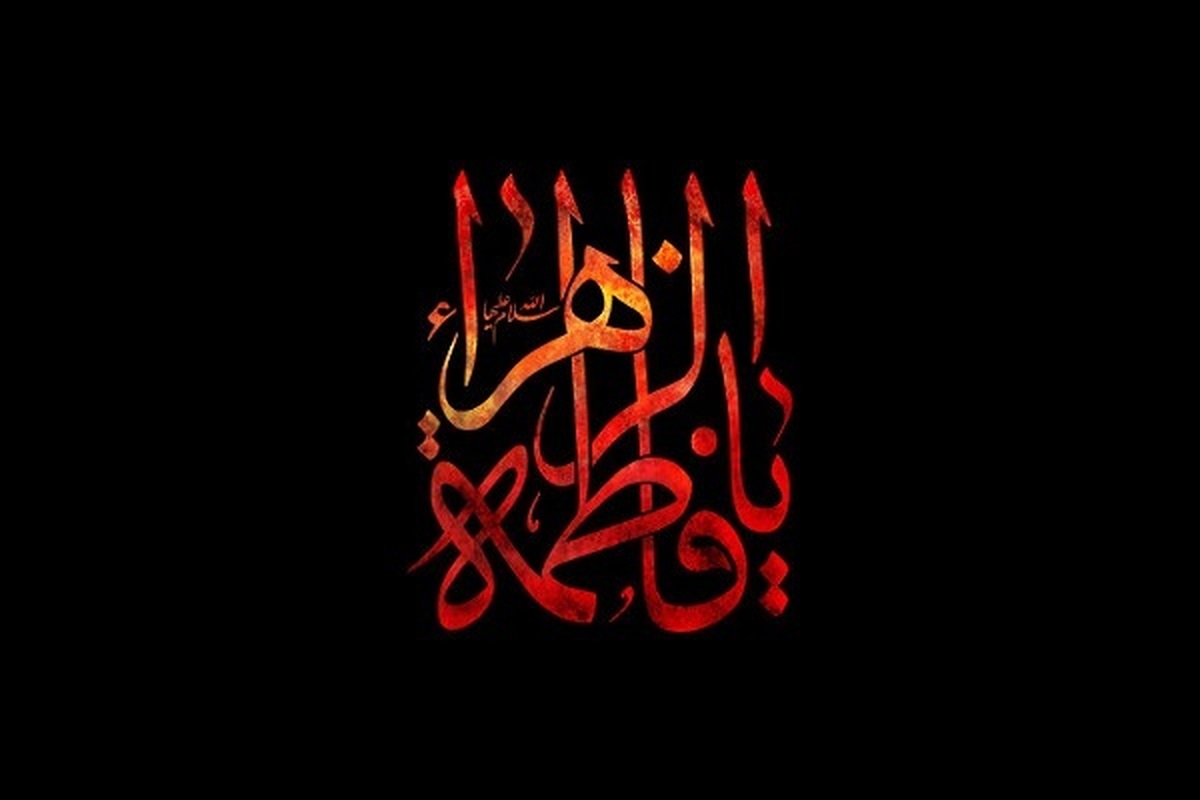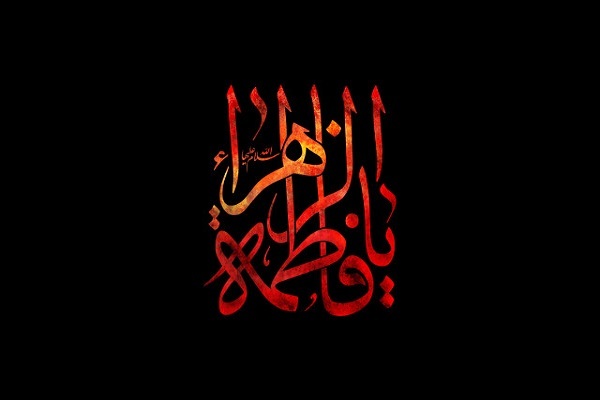Hazrat Zahra’s Life after Marriage


They included Omar, Abu Bakr, Abdul Rahman ibn Ouf, and others. Hazrat Ali (AS) was also very much willing to marry Hazrat Zahra (SA) because of their close family relationship and the virtues of the daughter of the Prophet (PBUH), but according to historians, he would not allow himself to ask to marry her.
But Saad ibn Ma’az talked to the Prophet (PBUH) about it and the Prophet (PBUH) accepted Ali’s (AS) marriage to Hazrat Zahra (SA).
Like other Muhajiroon, Ali (AS) had a difficult economic situation in the first months after the migration. Therefore, on the Prophet’s recommendation, he sold his armor and made the money the Meher (dowry) of Hazrat Zahra (SA).
Their marriage ceremony was held at the Prophet’s Mosque with the participation of Muslims.
The first period of their marriage was accompanied by difficult economic conditions, so much so that sometimes they did not even have food to feed their children. However, Hazrat Zahra (SA) did not complain to her husband and sometimes spun wool to help her husband earn a living.
Based on the Prophet’s recommendation, Hazrat Zahra (SA) was willing to do the housework and let Ali (AS) do what needed to be done outside the home. When the Prophet (PBUH) sent Fidda to her as a servant, Hazrat Zahra (SA) did half the housework and Fidda did the rest.
Read More:
Ali (AS) held Hazrat Zahra (SA) in high esteem. According to a Hadith, Hazrat Ali (AS) said that neither Zahra (SA) ever made him angry nor he ever made Zahra (SA) angry.
Shia and Sunni sources are unanimous that the couple had four children: Hassan, Hussein, Zeynab and Umm Kulthum. According to Shia and some Sunni sources, they were going have another son, to be named Muhsin or Muhassin,
Muhsin was aborted as a result of injuries that Hazrat Zahra (SA) received during the events following the demise of the Holy Prophet (PBUH).
Hazrat Zahra (SA) had many social activities and took many political positions. Migrating to Medina, healing his father's wounds during the Battle of Uhud, being present at the body of Hazrat Hamza along with Saffiyeh, his sister and the Prophet's aunt, delivering food to the Prophet (peace be upon him) during the Battle of Khandaq, and accompanying him during the conquest of Mecca were some of her activities before the Prophet’s (PBUH) demise.
Translation by Alireza Bakhtiari


